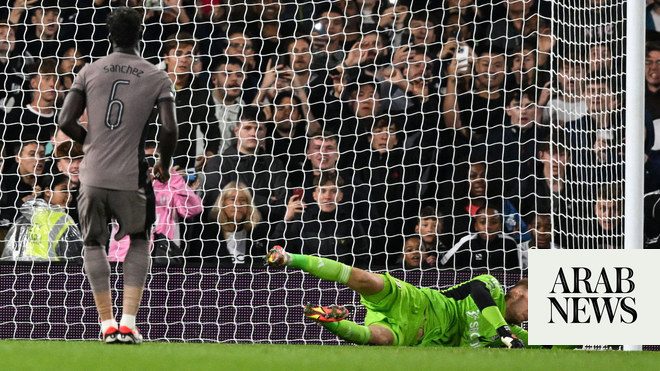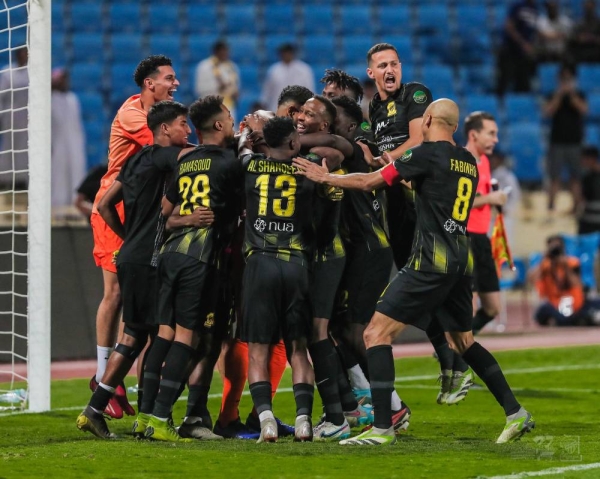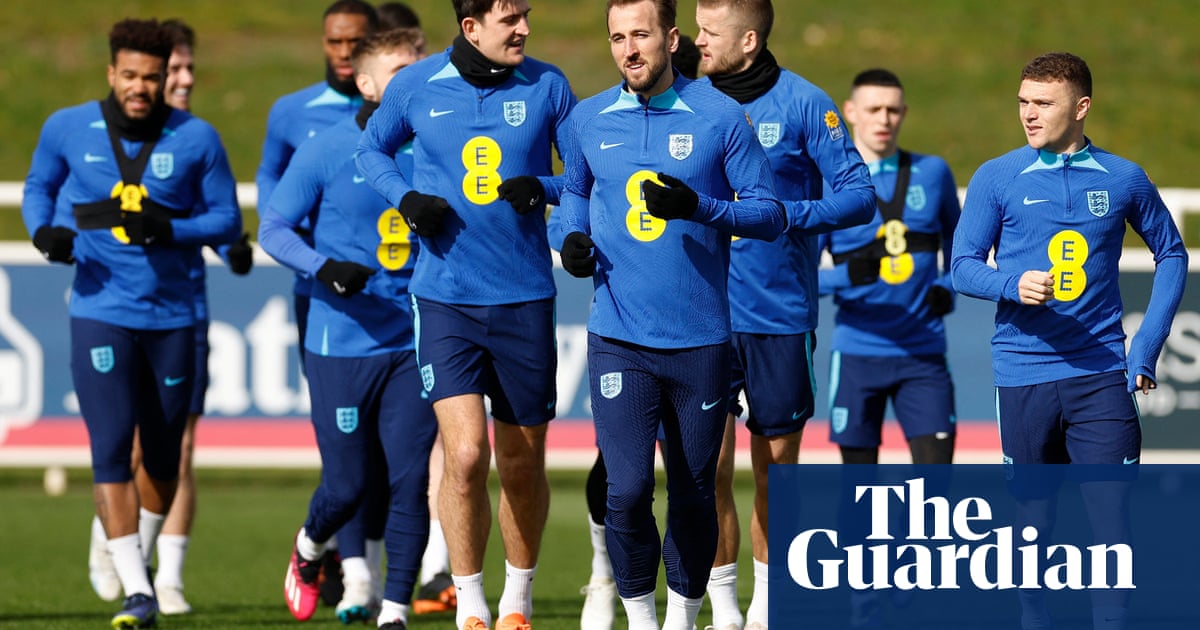
It was inevitable that, at some point, the conversation with Gareth Southgate would turn to the most harrowing ordeal of his professional life and the reasons why the England manager, after two decades of living with the consequences, is so determined to make sure his team will not fall into the same trap.
Southgate was thinking back to that night against Germany in the semi-final of Euro 96, with the game drawn 1-1, and the traumatic events that led to John Major, the prime minister, offering him a sympathetic hug outside Wembley. The night Southgate was asked by Terry Venables, just moments before the penalty shootout started, if he would take one and it hit him, in his own words, like “a bolt from the blue”. The night he assured Bryan Robson that, yes, he had taken a penalty before. “Bryan didn’t ask for details,” Southgate later recalled. “That suited me. My penalty career had been brief: one missed effort for Crystal Palace three seasons previously.”
It is 22 years since Southgate set off on that lonely walk from the center circle and, if nothing else, at least it means he can speak from authority now England have reached the stage of the World Cup where the line between success and failure could feasibly rest on one team’s accuracy from 12 yards. Southgate can remember that walk and how dark it had suddenly become: the realization the world was watching, the nauseous feeling that Andreas Köpke, the German goalkeeper, seemed to have grown a few inches and, worse, the moment the crowd made out who it was walking towards the penalty area. “It’s Southgate, the inexperienced lad,” was how it felt at the time, nerves mangled.
For England, Southgate’s haunted look that night is all part of a wider narrative. Add Stuart Pearce and Chris Waddle at Italia 90, Paul Ince and David Batty at France 98, David Beckham and Darius Vassell at Euro 2004, the misses of Frank Lampard, Steven Gerrard and Jamie Carragher at the 2006 World Cup and the Euro 2012 aberrations of Ashley Young and Ashley Cole.
England’s shootout record is, frankly, abysmal: six defeats from seven in major tournaments, the exception being against Spain at Euro 96. And not forgetting, the penalty misses of Les Ferdinand and Rob Lee against Belgium in the King Hassan II International Cup in Morocco in 1998.
Equally, it is fair to say England’s players will never have been better prepared if Tuesday’s game against Colombia, or any of the possible assignments beyond that point, goes the same way and perhaps that should not be a surprise given the identity of the manager and his own story.
“I have had a couple of decades thinking it through,” Southgate said. “I was a volunteer, really [in Euro 96]. The type of character I was, I felt you should put yourself forward. It is probably braver not to, if you are not confident. But in defense of the staff who were there at the time, penalty shootouts weren’t as regular then. FA Cup ties, for instance, went to two or three replays, so we weren’t in those situations as often as now. The depth of knowledge and understanding wasn’t so great and we didn’t have as much information as we do now.”
Southgate was asked after the 1-0 defeat against Belgium in Kaliningrad whether his players had started practicing penalties and he replied the process had started in March rather than cramming in everything over a matter of days. His players have been encouraged to practice at the end of virtually each training session, starting with the walk from the center circle. A team of video analysts have been studying the opposition penalty-takers to offer Jordan Pickford clues, as well as analyzing the diving patterns of all the World Cup goalkeepers.
England already have their five designated penalty-takers drawn up and the back-up options. Southgate even has a list of the staff who are allowed to go on the pitch and others he wants to keep out of the way. The phrase he uses, more than once, is to “own the process” – meaning to take control rather than wilting under the pressure, as he did. England’s players even had psychometric tests before the tournament to help the process.
“We’ve looked at individual processes, individual techniques,” Southgate said. “We’ve done various different studies and different practices. Then we’ve looked at how, collectively, we would want to approach a shootout, making sure there’s a calmness, that we own the process and it’s not decisions made on the spur of the moment. We have to make sure it’s calm, that the right people are on the pitch and it doesn’t become too many voices in the players’ heads. The margins are fine in the knockout phases. We have to be prepared physically and mentally to go to extra time and beyond if that’s what it takes.”
This is not something Southgate has just started thinking about. In May, he could already identify the five players he considered had the best psychological profile to be mandatory picks. Penalty shootouts are often described as a lottery, yet the England manager strongly disagrees.
“Definitely, it’s not about luck. It’s not about chance. It’s about performing a skill under pressure. There are individual things you can work on within that. We have to know who is in charge, who needs to get out of the way, who can speak with clarity to the players. There is lots we can do to own the process and not be controlled by it.”
Harry Kane, England’s first-choice penalty-taker, has already scored twice from the spot against Panama. Jamie Vardy has the responsibility for Leicester and, in theory, could be brought on as a substitute specifically with that in mind, whereas Kieran Trippier, Jesse Lingard, Jordan Henderson and Ruben Loftus-Cheek may be strong candidates. For now, however, Southgate is keeping his five names a secret.
“We will have a more considered list of who has been finishing [the penalties] in training,” Southgate said. “If we have made [team] changes, we keep updating the list. There are the players who take penalties regularly, who have their own routine and who are able to change depending on the goalkeeper, and others who don’t take them as regularly and need to practice one or two stock penalties. With some, we shouldn’t be interfering. For others, we are giving them a process which we believe will help them.”
Southgate, after all, knows how devastating it can be to lose this way. “Gareth, you mustn’t blame yourself for this,” Major told him. But he did, inevitably, and the longer account from Woody and Nord, his 2003 joint autobiography with Andy Woodman, makes it even clearer why he does not want any of his players to suffer the same life sentence.
Southgate describes himself as the man who shattered a nation’s dream. “I tell myself time has moved on, people aren’t bothered about the penalty any more. And then I’m in a hotel lobby and a girl turns to her boyfriend and says: ‘I think that’s the guy that missed the penalty.’ ‘Shssh,’ he says, but too late.”The Guardian Sport












